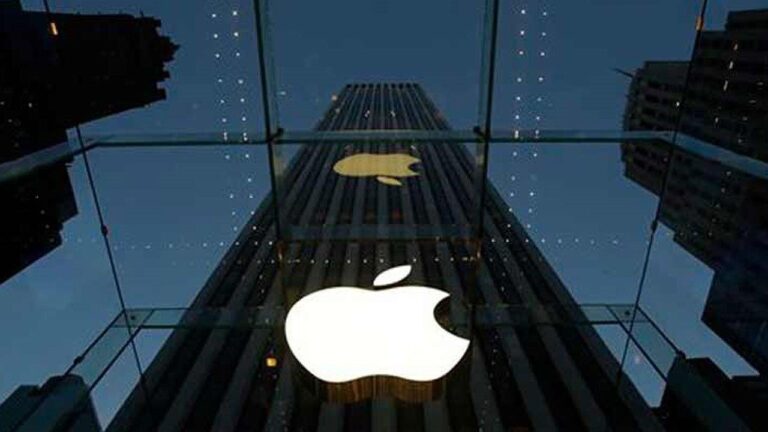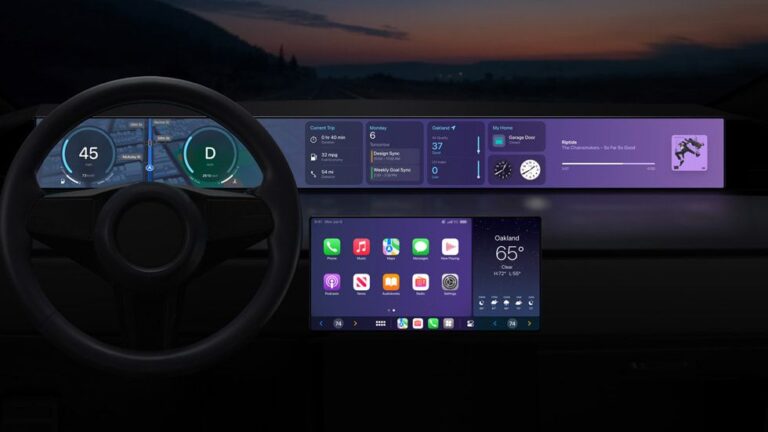2013 could see a final settlement between the two companies where Samsung would likely pay royalties to Apple.
- The legal wrangling between Apple and Samsung is going nowhere other than to enrich their respective legal teams.
- In the early days it looked like Apple really had Samsung on the ropes with an emphatic victory in court.
- However, the last few months have seen Samsung’s legal team pull its finger out preventing Apple from winning injunctions despite the infringement.
- Furthermore, the original finding of infringement against Samsung does not look safe and it is as plain as day that the court wants the companies to settle.
- The crux of this case remains the ability of Apple to extract a remedy from Samsung for the infringement of its IPR.
- Samsung has failed to prove that Apple infringes its IPR which is probably a major reason why no settlement has been reached to date.
- Apple’s (read Steve Jobs) determination to destroy Android at any cost is also a factor but I think that time and expense is grinding this attitude down.
- The current situation remains at somewhat of an impasse with Samsung found to infringe but Apple’s attempts at a proper remedy have either been thwarted or are taking much too long.
- The large problem for Apple is the fact that the legal cycle is much longer than the handset cycle.
- This effectively means that by the time infringement has been asserted, proved and remedied, the handset in question will be no longer in the market obviating the whole process.
- This combined with a lengthy appeal process and a failure to win any real remedy is likely to put Apple in a better mood to negotiate.
- I expect that things will continue to drag on for some months to come with tit-for-tat skirmishes around the central issue.
- At the end of the day, when both companies looks at their respective legal bills, I suspect that they will wonder whether it would not have been better and cheaper to come to some arrangement.
- This is why I suspect that this year is likely to see a settlement between the two companies where Samsung ends up paying royalties to Apple.
- I would expect a large one-off payment for back-royalties and an on-going payment.
- The royalty rate is likely to be strongly influenced by historical precedent which is why I would expect a royalty rate of 1-2% of the wholesale price of the handset to be paid to Apple.
- I expect Samsung to ship around 280m smartphones in 2013 with an ASP of around $290.
- This would translate into $81.2bn in revenues and $0.8-$1.6bn in royalties payable to Apple.
- This would hurt Samsung’s mobile margins but handsets would remain extremely profitable none the less.
- Despite the lower margins, I suspect Samsung would be a net beneficiary as:
- Management time would be freed up allowing a better use of resources for the execution of its strategy
- The relationship with Apple would improve meaning that the component business would be in less danger of losing its key customer.
- Huge legal expenses would be saved. (Qualcomm was spending around $300m a year at the height of its fight with Nokia).









Blog Comments
Tim Nash
January 8, 2013 at 2:34 pm
Without leverage over Apple, Samsung’s chances of reaching a settlement are close to zero. To work, agreements need parties to enter them in good faith. As became clear in the California trial, Samsung copied a lot and Apple has no reason to believe that Samsung wouldn’t effectively ignore an anti-clone clause similar to those in the agreements with Microsoft and HTC. From Apple’s point of view, while it receives damage awards in the 100s of millions, Samsung is funding Apple’s lawyers.
Apple will continue to move its components business from Samsung, so it no longer funds a significant part of Samsung’s R&D and production ramp up. So look at Samsung’s internal component costs to increase too and put pressure on margins.
windsorr
January 8, 2013 at 6:52 pm
this is waht I thought post August but now I am not so sure. Apple’s failure to get remedies on the big sellers and the fact that it wont see a dime of dmagaes from Samsung until after the appeal where Samsung could easily overturn what I see to be a very unsafe verdict. If the veridct is overtunred then the legal bill will come back to Apple. In the meantime the companies are paying theor own bills. If you listed to the commentary from the main judge in this case, she is utterly fed up with both protagnonists and wants them to settle. In that instance she is very unlikley to make a costs order in favour of Apple.
Tim Nash
January 8, 2013 at 7:28 pm
For me, the real question in this case is whether there is an en banc hearing with all 12 appeal court justices for the circuit, which overturns the ruling denying an injunction when a multi-function device has been found to infringe several patents. We should know about this hearing by the end of the month.
In any case Apple has little incentive to make an agreement with Samsung. Receiving a 1-2% royalty is mere noise in Apple’s profits – easily outweighed by selling a few million more iPhones.
tatilsever
January 8, 2013 at 9:13 pm
Samsung may have copied willy nilly in the past, but the current designs, at least the high end ones, do not look like clear copycats. After all said and done, I suspect the best Apple can hope for is somewhere around $10 to $20 per handset royalty and a no-cloning agreement. It is far tougher to ignore anti-cloning and patent sharing agreements, as both parties would be agreeing to who owns which design rights and there would most likely be arbitration clauses. I’d say settlement is fairly likely with US court judgement giving Apple some vindication and HTC settlement showing its flexibility.
Tim Nash
January 8, 2013 at 9:37 pm
As I wrote above ‘Apple has no reason to believe that Samsung wouldn’t effectively ignore an anti-clone clause’. So Apple would be exchanging patent litigation for breach-of-contract litigation, that could only start in a few years. Of course all delays in judgement benefit Samsung, which is why its current strategy has been so effective.
tatilsever
January 8, 2013 at 9:01 pm
Why should the component costs increase for the handset division? The division heads must have heard the news that the largest customer for the “internal” suppliers is exiting, so they could be drive really good bargains for LCD screens and mobile CPUs. Desperate sellers usually mean lower prices.
Tim Nash
January 8, 2013 at 9:49 pm
Samsung’s internal component costs will increase because of reduced throughput caused by Apple buying its components elsewhere. Apple will also no longer be helping with capital expenditure on new plant and machinery.